
“Start selling online.”
It began as a whisper in the early 2000s. That whisper turned into talk of the town, and now it is practically being proclaimed everywhere: START SELLING ONLINE.
Yet, several businesses are not doing it. They have good reasons, surely, but as technology has advanced, those good reasons are not true anymore.
At Shopygo, we believe that selling online is absolutely the best decision you can take to mightily boost sales.
Let us give you 22 good reasons why first-time and established retailers should turn to eCommerce.
1. 24/7 Shopping
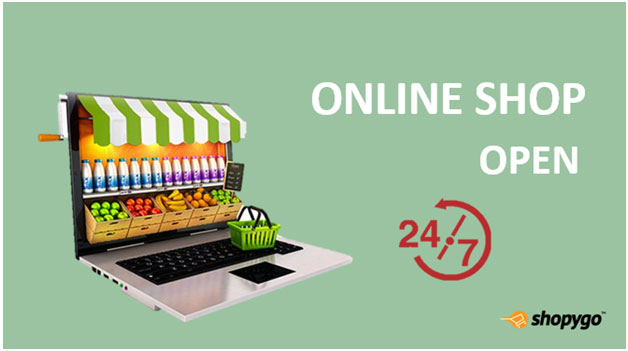
Most physical stores operate from 10 a.m. to 10 p.m. as it is not practical to be open at all hours. But your eCommerce website will let shoppers browse products and buy them at any time, day or night. By being available 24/7 a day and 365 days a year, you'll attract shoppers who would normally pick up items in stores if they were not closed. You will be making money while you are off doing something else (even while you are sleeping or when you are on a Christmas holiday).
2. Sell Internationally
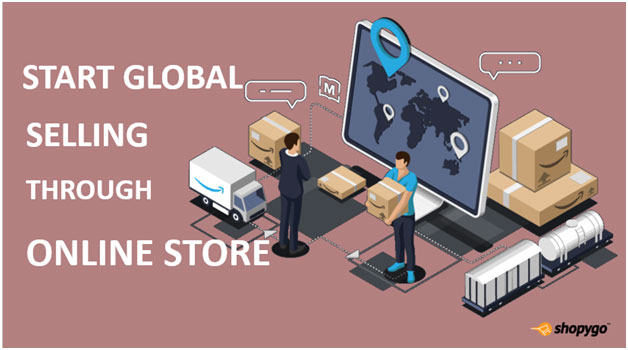
Location, location, location, is no longer a constrain to start an online business.
Physical stores are limited to selling to consumers who are in that particular area. But an eCommerce website enables businesses to sell their products of inventory stock to the world. You can discover your audience no matter where they are - in the U.K., Hong Kong, or even Egypt. Because of the availability of several shipping services, it's easier to deliver products across the world.
3. Purchase-funnel Clarity
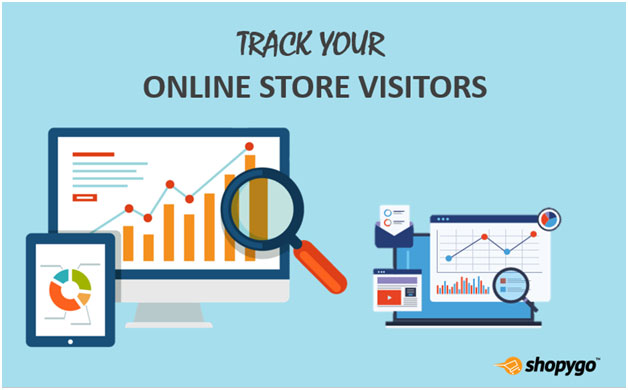
In a physical store, it is nearly impossible to track how frequently a customer comes to your store to view products. However, an online retailer can track a visitor’s every click, providing valuable insights including time spent on your site, number of button clicks, and mainly the source of the traffic. Data analysis helps businesses learn the customer pattern behavior, understand marketing campaigns, customer engagements, etc.
4. More Customer Data
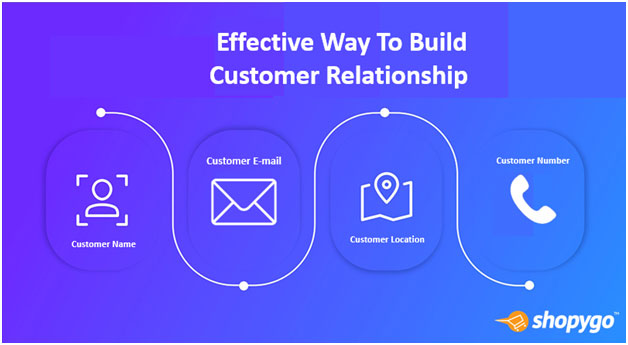
When a visitor sees your products in your physical store and leaves without purchasing anything, you can consider them gone. If they visit your eCommerce site, however, you have the opportunity to request their name, email ID, address, phone number, etc. This means you have a minimum of 3 different ways of communicating and building a relationship with them. You can even have them fill out a marketing survey or tell you their date of birth. Most buyers feel uncomfortable giving away these data to a physical store.
5. Retarget Customers
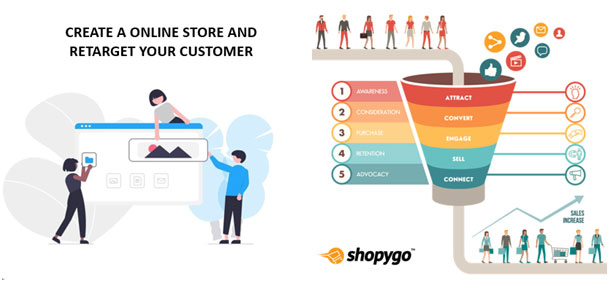
When a buyer visits your online store, you have the opportunity to reach out to them again on social media platforms and email using a marketing strategy called retargeting. To retarget your store's previous visitors, you can show them ads for a product that they added to their cart. If your eCommerce site has a login facility, you can display a welcome message saying "Welcome back {name}".
6. Showcase Best-sellers
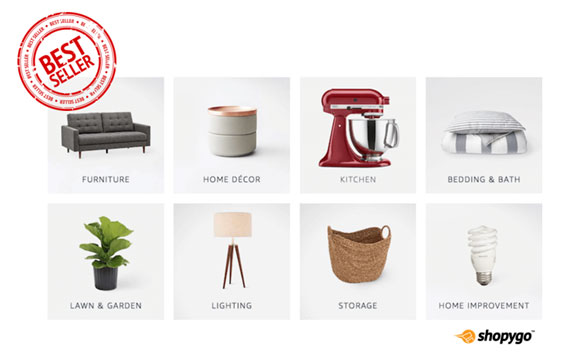
With an online shop, you get the chance to have selective publicity for your items; you can showcase your best-selling products on your website. This isn't possible with a retail store where everything's out in the open for customers to view so people wouldn't know if other people have already bought them and are happy with their purchase.
7. Encourage Impulse Buying
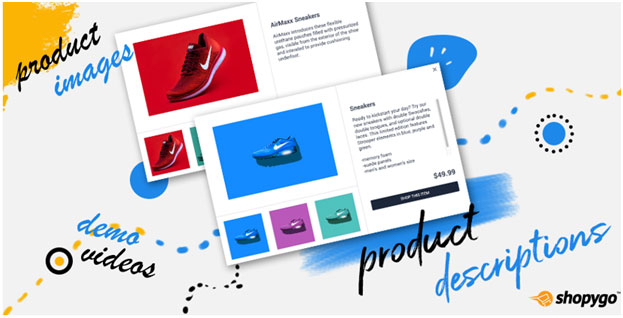
While you can design a physical store in such a way that will sway people to buy your products, compared to going through different shelves, it's common for customers to be attracted by an online shop. With an eCommerce store, you can include eye-catching product photos, product descriptions, and demo videos. You can even add life to plain, boring products. It is also only possible to have reviews publicly displayed if you have an online store.
8. Market Easily
As you may have to keep repeating the same details to every customer, you may miss out on some information about the product. But with an eCommerce store, you can describe the product just once and lure your visitors to shop from your site without much extra work on your part. It's not like people coming into your store who you have to nurture from the first minute. You can do all the hard work in the beginning and then relax when you're starting to market to your consumer base.
9. Flexibility to Manage your Business
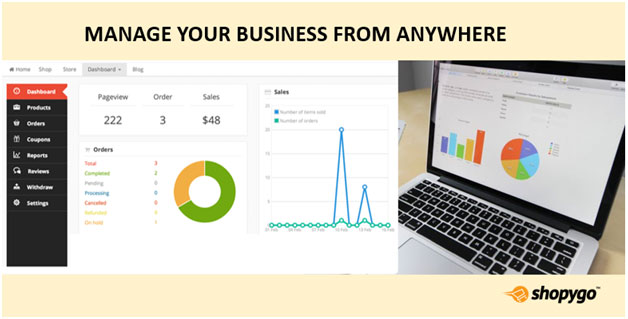
As there won't be a physical store, you won't have to sit the whole time to run your business. You can prefer to work any time of the day and anywhere. You can handle all of your everyday business transactions online from the privacy of your home. When you simply just want a way to earn money side-by-side with a full-time job, running an online business is a good way to have a side hustle.
10. Quick Setup
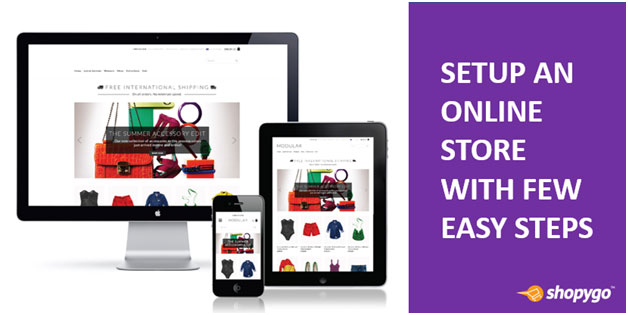
A physical store requires you to search for an available shopfront in a good location, evaluate the space, negotiate the rent cost, get through the leasing process, acquire business licenses, etc. Starting, building, and setting up an online store take only a couple of days if you look from a technical point of view. You only have to focus on marketing and running your online store and not building it.
11. Automation, Everywhere
In an online store, there is complete automation of everything. Since everything is automated, you don't have to worry about billing, invoicing, shipping details, etc. You will also be aware of the number of items sold, the number of items available, handling of stock inventory, order fulfillment processes, real-time tracking, up-to-the-date shipment, payment processing, etc. As your eCommerce site will provide detailed statistics reports of sales and product information, you will automatically keep a record of every activity. With reduced paper works and virtual databases, well-managing a store has never been easier.
12. Supply on Demand
In a retail outlet, shoppers expect to be able to leave with the jeans they have just purchased. On the other hand, with an eCommerce store, you do not have to take the risk of stocking 200 pre-made units of a product. Instead of having all your jeans bundled up in stock that might not be sold, you can show them a few pictures of that jeans and sell the product before you stock it. Whether you manufacture the products you sell or purchase from some other vendor, you can keep up with demand because you will know exactly what the demand is.
13. Lower Risks
It may be that you wish to test things out earlier on in the process. With a virtual store, you have the option to experiment with trial and error before you invest a lot of time and money. You may continue with the business model that you selected or abandon it altogether and try something totally different.
14. Less Operating Costs
An online store reduces building rentals, labor charges, phone costs, equipment costs, furniture costs, electricity bills, and more. With an eCommerce platform like Shopygo, you will only have to spend a few bucks every month to own a fully functional online store. Whether you are rich or poor, you now have the ability to showcase your entrepreneurial skills and connect with shoppers all over the world for almost free.
15. Affordable Advertising
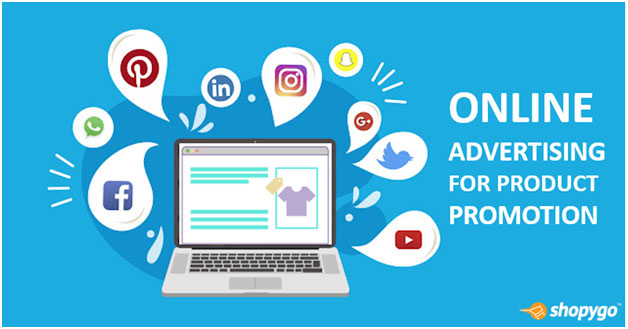
eCommerce positions startup companies and small businesses on a more equal footing with big businesses than ever before. Offline advertising is comparatively expensive than online methods like social media ads, search engine ads, etc. Merchants do not have to spend a lot of cash to market their products as the world of eCommerce has numerous inexpensive, fast ways to promote products.
16. Notify Customers
When a buyer sees that a product is out of stock, they can click on the ‘Notify Me’ button. This will inform the seller that they have to restock that product and also informs the buyer when that product is available for sale again. You can also use it as a strategy to build up an in-trend inventory that's adored by shoppers for each new launch. With a physical store, this wouldn't be possible.
17. Better Product Life
The quality of the displayed items at a physical store may get degraded day by day because of invasive customers’ nature and other external factors. You may have to place a “Do Not Touch” sign in front of the merchandise which may not be effective. But with an eCommerce store, your products will be perfectly safe in the warehouse.
18. Make Changes Quickly
For example, with an online shop, you can change the product prices in the back end by simply altering the "Price" field. In an outlet, however, you'll have to change the price tags on all the products individually - the prices on the shelf and also your inventory system. You may also have to explain to each customer why you have changed the price.
19. Accept a High Number of Orders
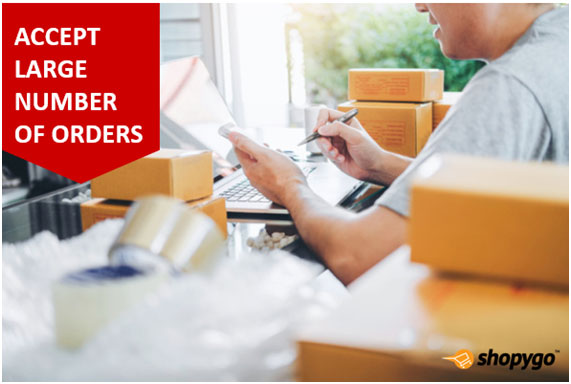
In physical stores, long queues can put off customers from shopping. They have to move to the billing counter, wait there for a long time only to know that the store does not accept wallet payments. With eCommerce, there is no such waiting time. Thousands of customers can simultaneously place orders on their own schedule without any delay.
20. Follow-up Prospects
Sometimes a shopper would reach the checkout page but would not finish buying for many reasons. With an eCommerce site, you can notify a visitor through phone messages or email to complete the purchase. With targeted emailing lists, you can send personalized emails to your visitor which will either remind them or motivate them to return to your store and complete their order.
21. Serve Niche Markets
Shoppers and retailers of niche items often find it hard to locate each other in the physical world. It may be difficult for that vegan to search for a lipstick made out of vegan ingredients. However, the internet lets your market find the product they love. With an online business, serving niche markets is much easier. Using long-tail keywords, your customers can find you organically.
22. Bulk Orders Made Easier
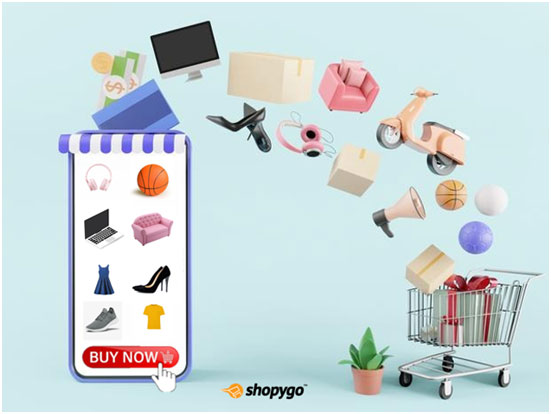
If a customer wishes to purchase an item in bulk, your eCommerce site can speed up the process from order placement to fulfillment chain, which includes everyone from finance to sales to warehouse staff. Therefore, your centralized eCommerce wholesale system, where anyone can see all necessary information at any time, will reduce the chance of errors and improves communication between teams.
No Longer Online Store vs. Physical Store
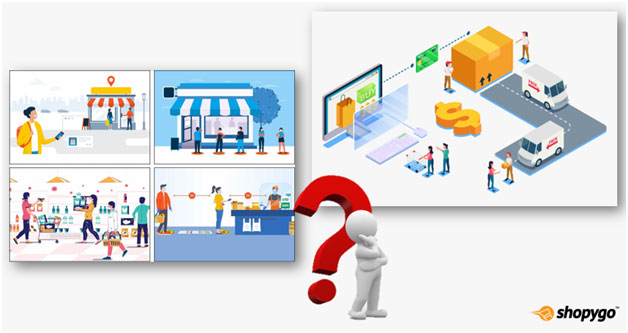
There are people who prefer to purchase everything online and others who prefer to visit the store in person before they make a purchasing decision. Retail outlets should not be pitted against eCommerce, making business owners feel like they have to choose one channel over the other.
Shopygo brings these channels together. If you have a physical store, consider having an online presence for your business and vice versa. Having both options for building relationships with customers, you will give shoppers more ways and choices to find and buy from you. Even shoppers who are loyal to brands with traditional physical outlets will find it tempting to browse more and buy online. This is today's commerce.
All in all, you have to sell where your buyers are. If most of your buyers shop online, then you must be selling online! If you have the products, the internet, and the willingness to sell online, Shopygo can help you launch and start making sales online.
What next?
After reading this, you may still have a few questions about starting an eCommerce store. How long will it take? Will people even buy online from my store??
At Shopygo, we have a wealth of resources to help you. You could start by having a look at our article on how to turn a local business into a quickly-growing online store.
We also have a lot of success stories from businesses that have already made the leap and are running their stores successfully. If you have any doubts about getting started or need some advice, please make us a phone call.
As we start a new decade, why not take a chance and try?




